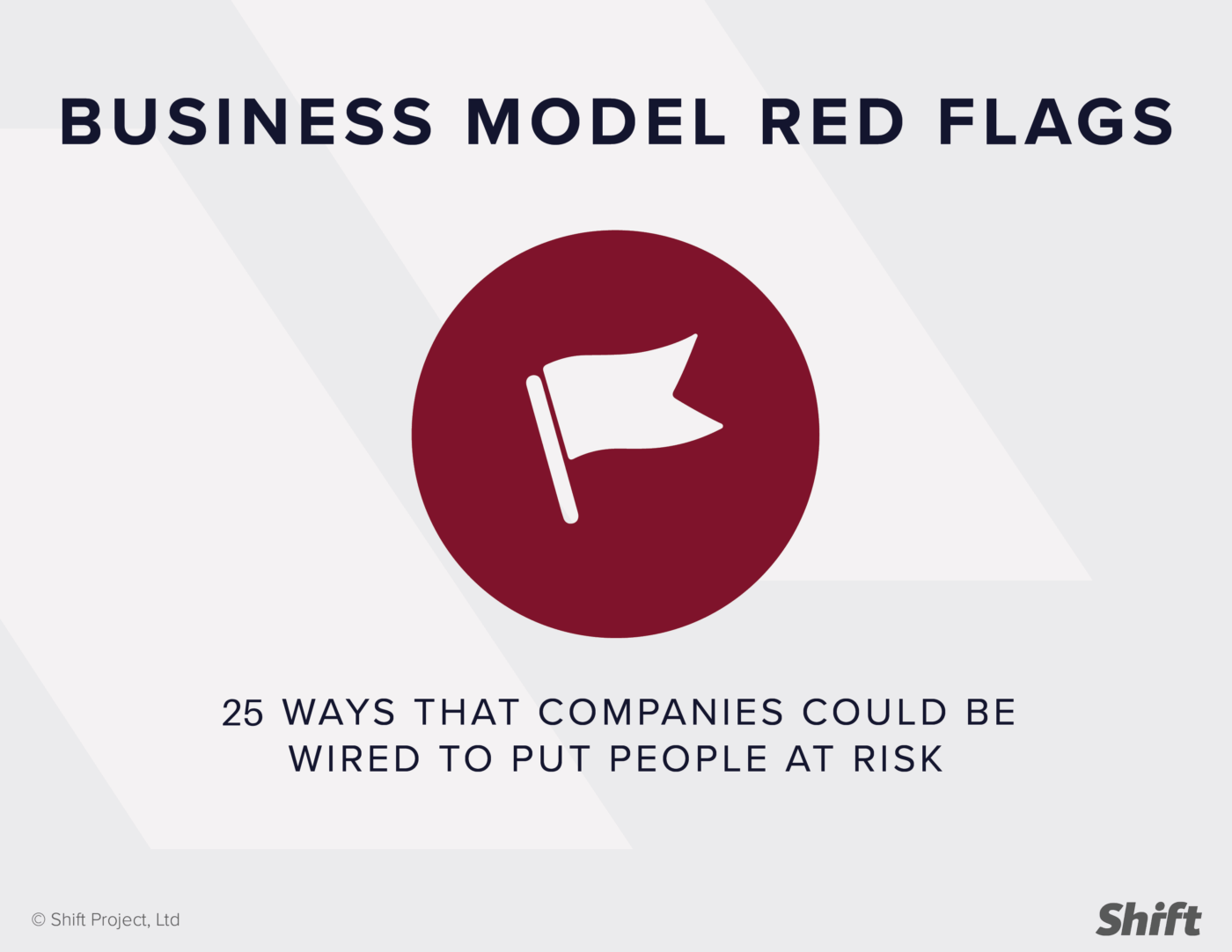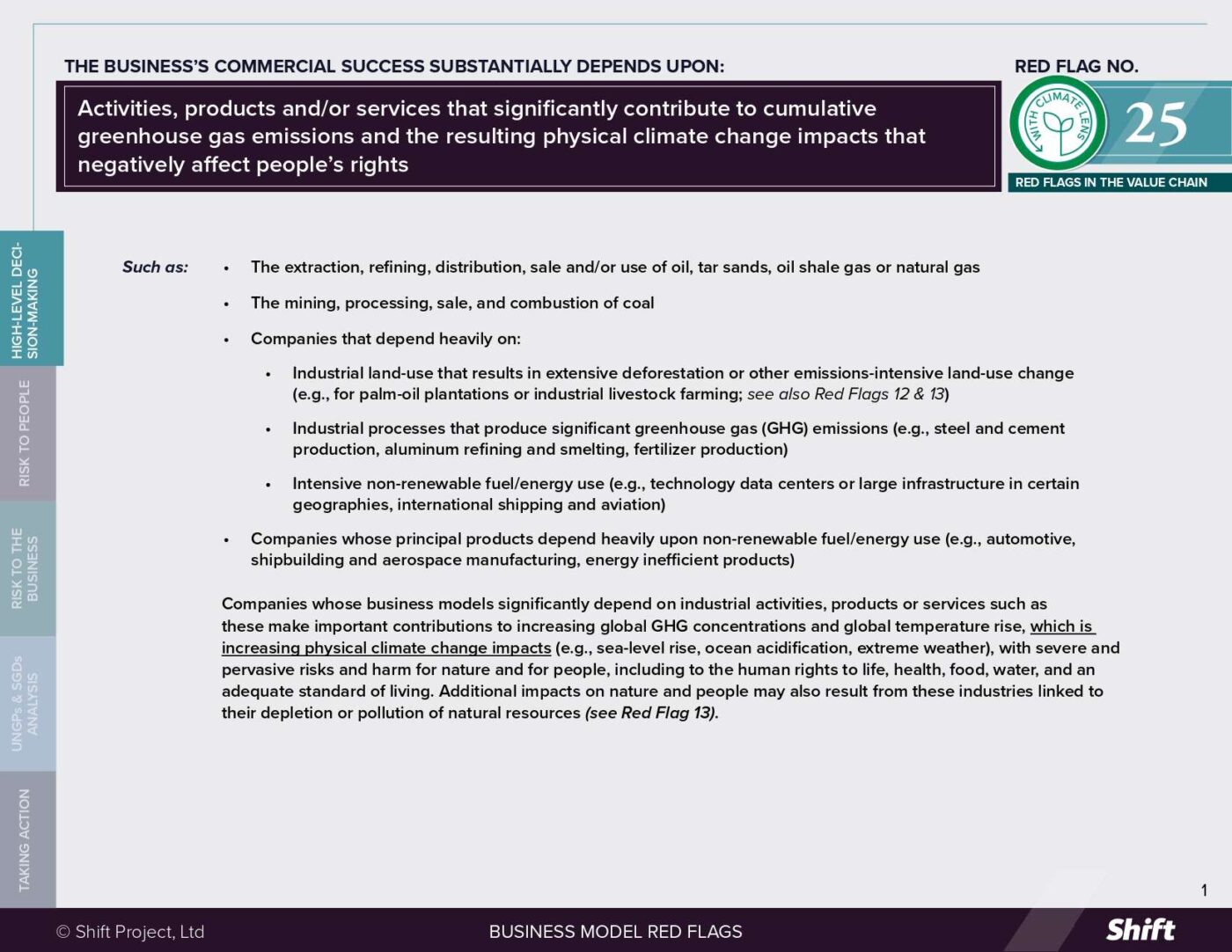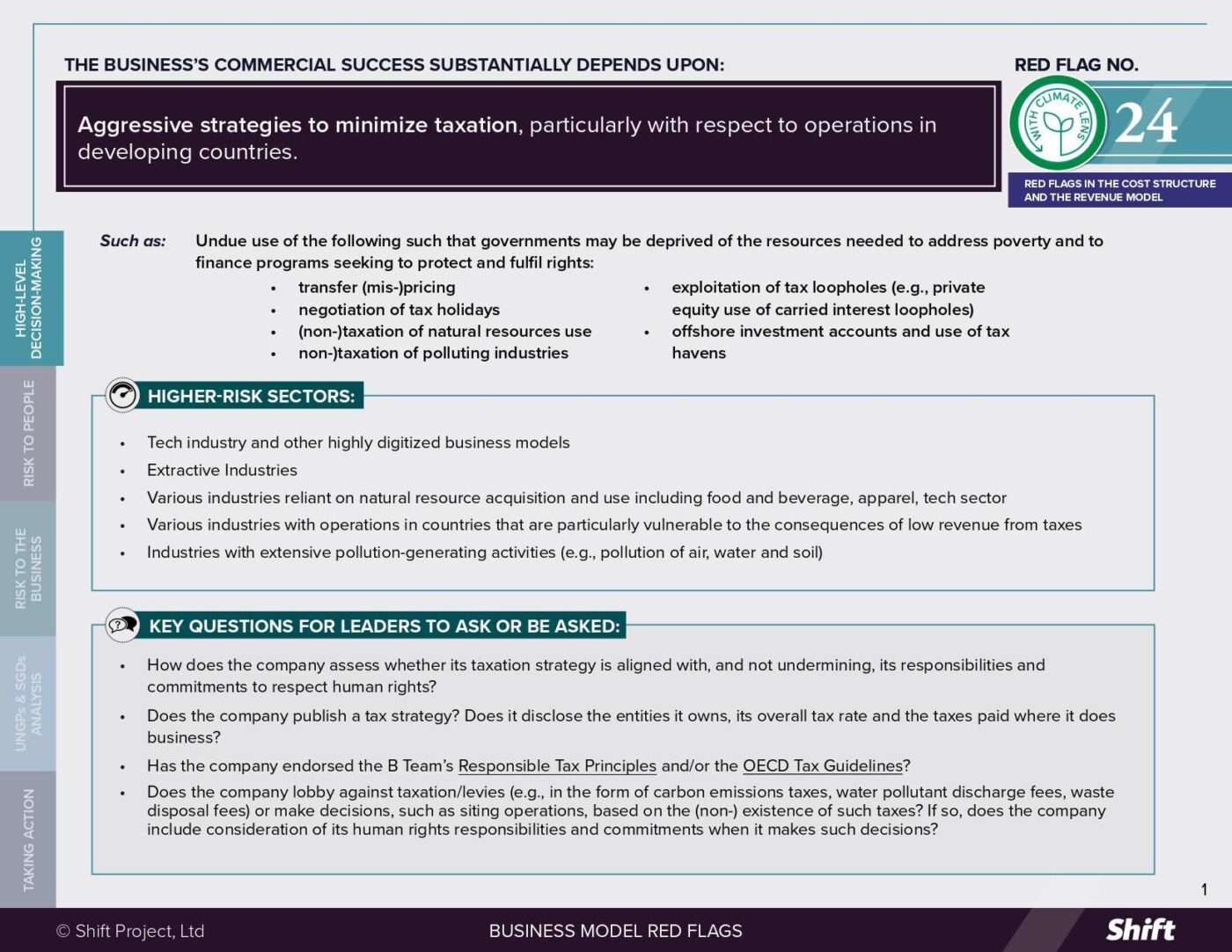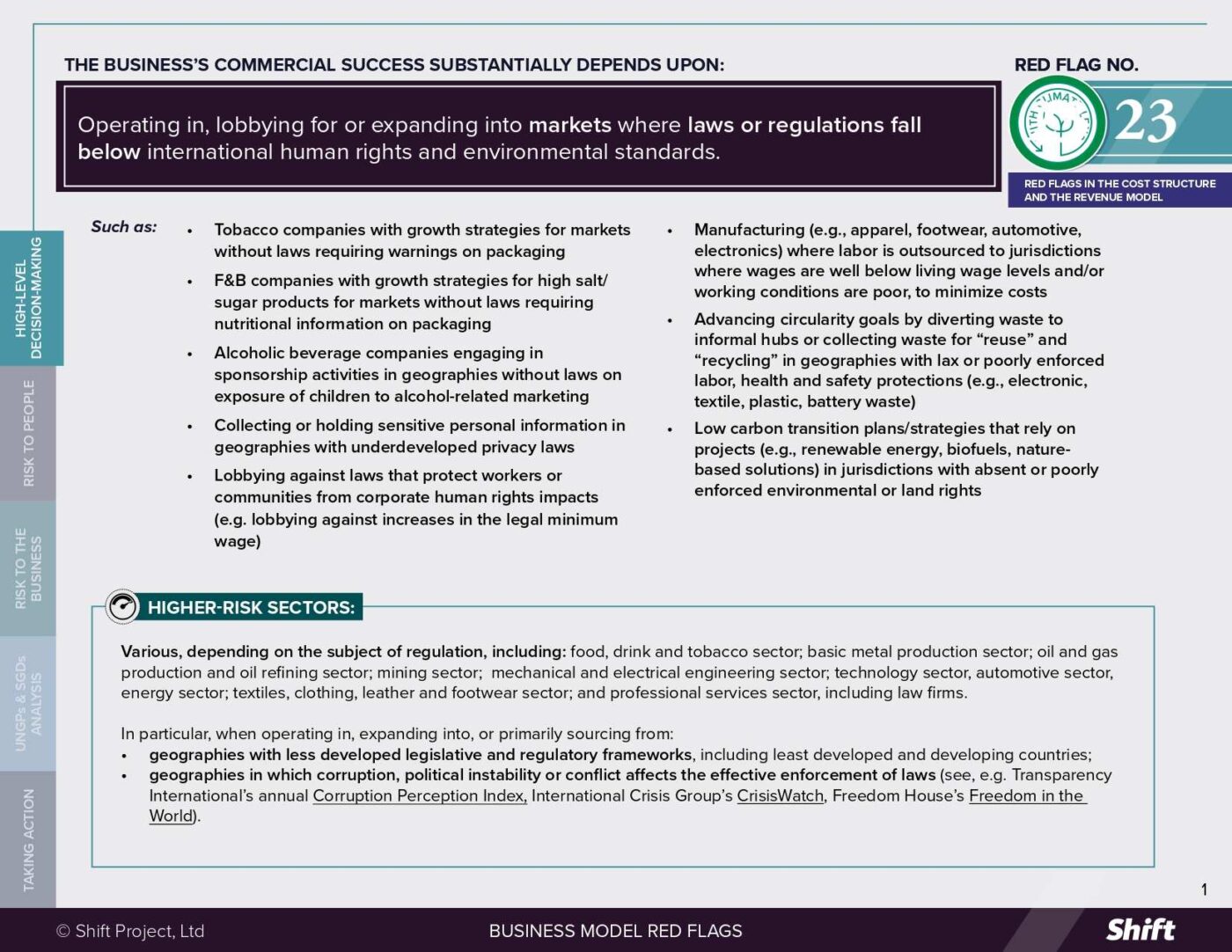Online shopping is booming. In the UK in 2019, average weekly online retail sales rose from £1.45billion in 2019 to £2.2billion in May 2020. Retailers have struggled to keep up with demand during the COVID-19 pandemic, comparing it to the Black Friday and Christmas rush periods. A critical part of the online shopping value chain are logistics companies who fulfill retailers’ delivery to consumers. The industry is fast-changing but many logistics companies rely on couriers who are often self-employed, not provided holiday or sick pay and face fines or don’t get paid at all if an item is not delivered.
Longer delivery windows enable better planning and forecasting, provided that retailers pass on the additional time to their logistics providers, who use it to support couriers. While some logistics providers pay couriers a premium to deliver high-value items, the delivery of these items can also place additional pressures on them. Self-employed couriers tend to only be paid if the item is delivered, which can delay or dilute payment if the courier must make multiple trips.
Shift – through it’s Valuing Respect Project – partnered with the Behavioral Science Group at Warwick Business School to see if behavioral science could suggest some ways to nudge consumers towards longer delivery windows that could reduce pressures on couriers.
Over the last few years, Shift has engaged with UK retailers, logistics providers and other stakeholders on the full spectrum of human rights challenges in final mile delivery in the UK. One driver of these challenges is customer choice when buying online and this experiment focuses specifically on the ways that consumers can be nudged to make more responsible decisions in relation to online delivery. A future Shift publication will address the wider human rights issues in final mile delivery and the ways that retailers, logistics providers, trade unions and Government can play a role in building a rights-respecting logistics sector in the UK in the aftermath of the COVID-19 pandemic.

 Business Model Red Flags
Business Model Red Flags  Tool for Indicator Design
Tool for Indicator Design 




